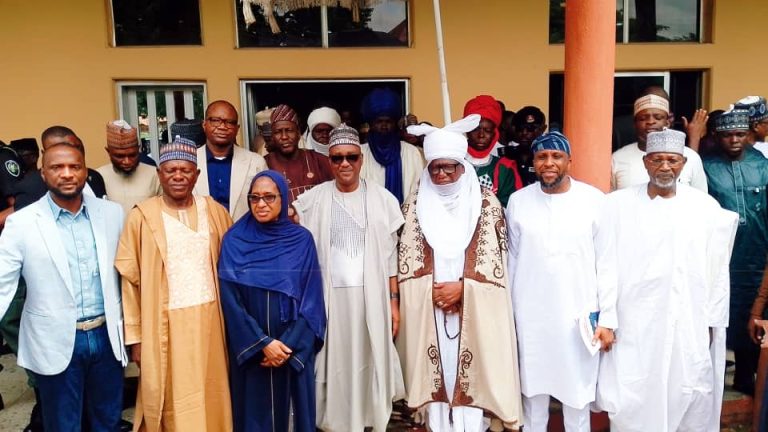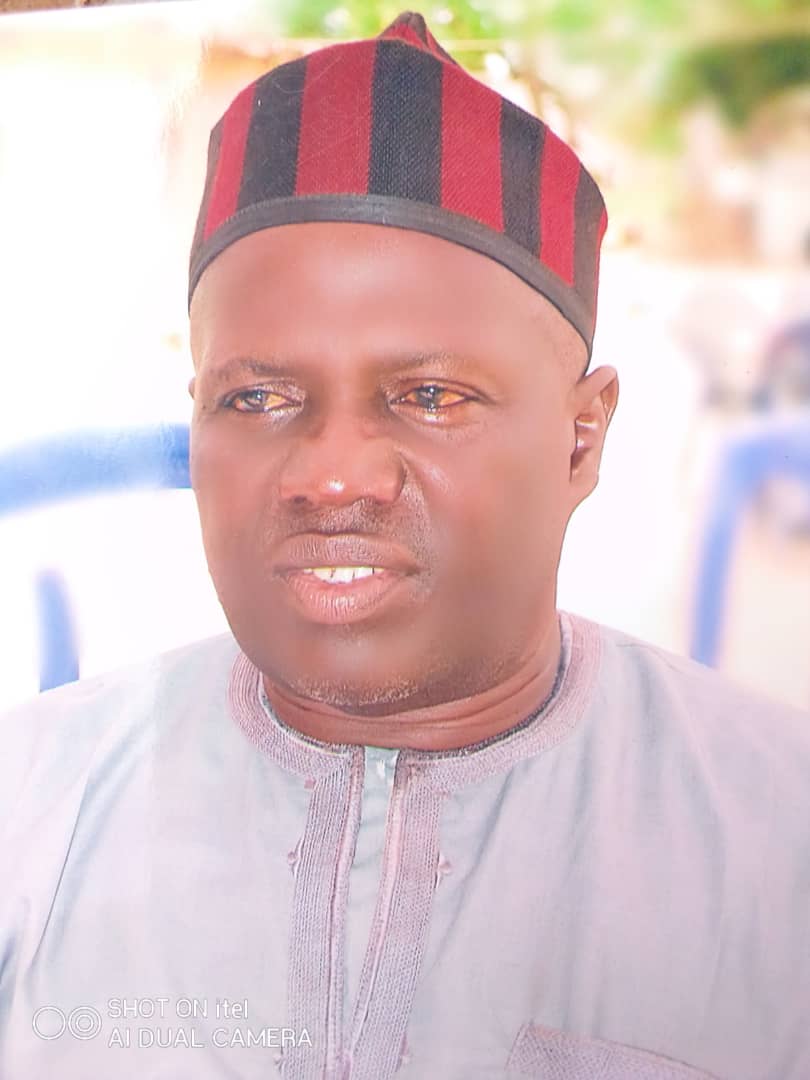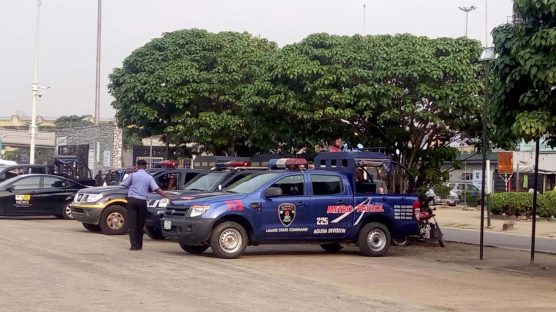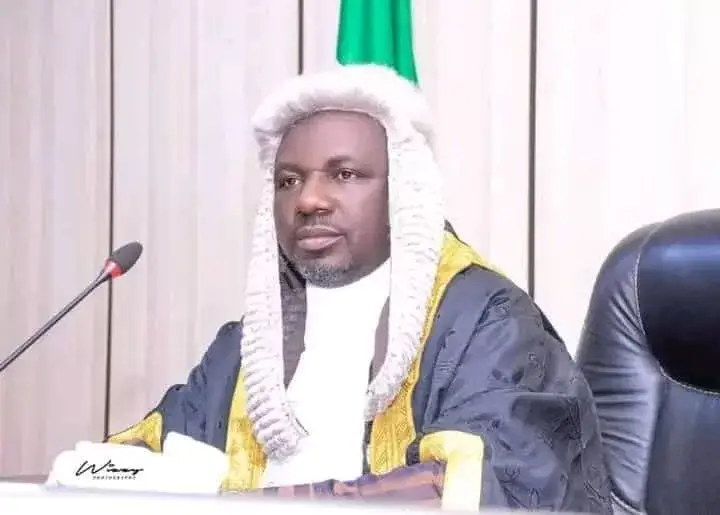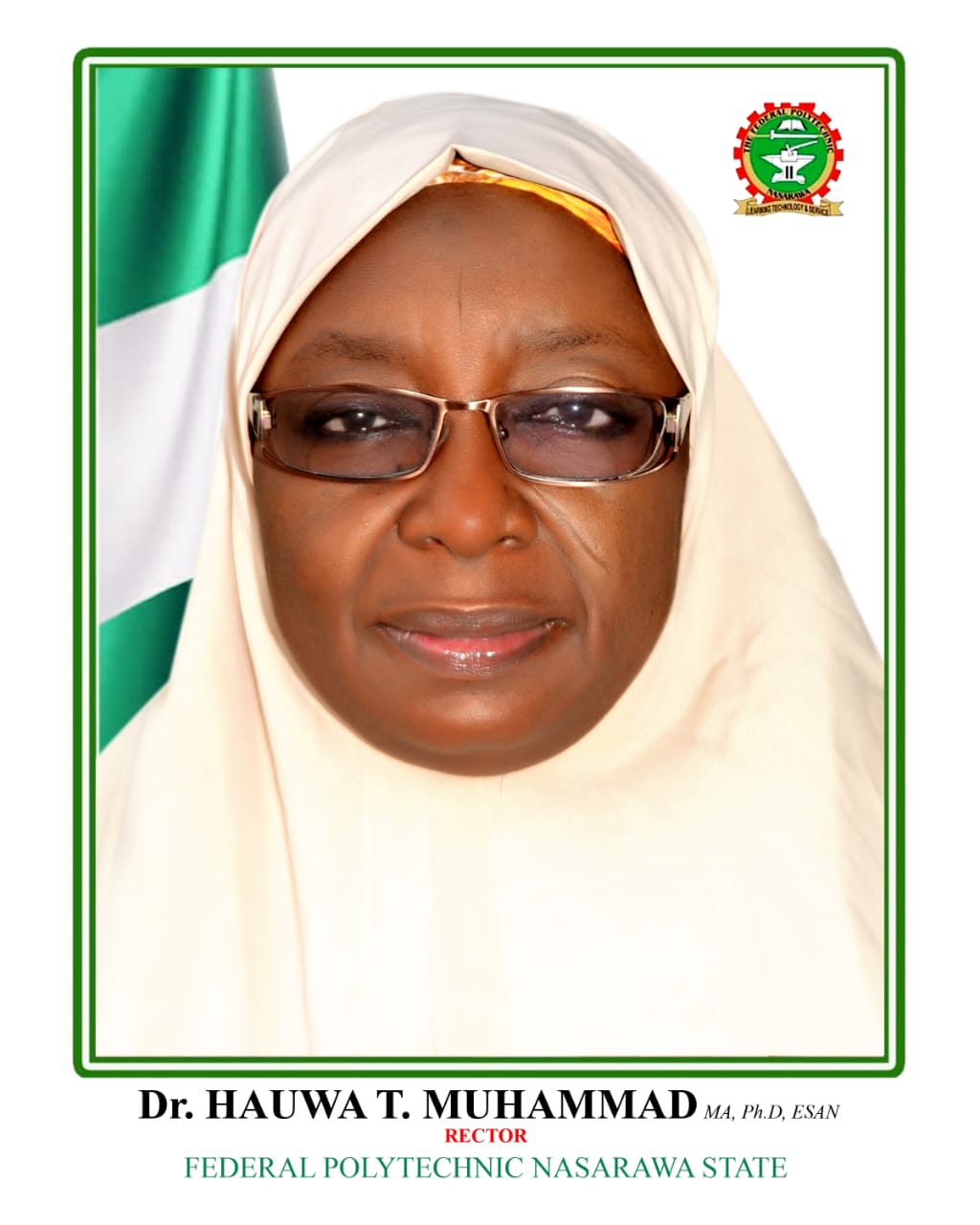The Speaker of the House of Representatives, Hon Tajudeen Abbas, has identified significant gaps in Nigeria’s local governance and social welfare architecture. He said the gaps exerts immense pressure on lawmakers to provide personal support to their constituents.
Delivering a lecture on the topic “Legislating under pressure: The realities of law making in Nigeria” at the Nasarawa State University Keffi (NSUK), 5th Public Lecture Series, Abbas explained that lawmakers face extraordinary pressure from members of their constituencies seeking support for various needs.
He mentioned such needs to include; school fees, burial contributions, job placements, hospital bills, and wedding assistance.
“From school fees to burial contributions, job placements, hospital bills and wedding assistance. Members of the national assembly are expected not only to legislate but to directly alleviate personal hardship.
“This expectation is not merely cultural; it reflects real gaps in Nigeria’s local governance and social welfare architecture,”
Abbas noted that the creation of constituency offices across the 360 federal constituencies and 109 senatorial districts has helped to formalise how legislators engage with their constituents, maintain records, prioritise community needs, and handle rising demands.
He also highlighted the introduction of constituency projects, formalised as Zonal Intervention projects (ZIPs), which has provided a pathway for members to attract small-scale federal interventions to their districts.
The Speaker pointed out that lawmakers also face challenges from sensational headlines, the spreading of unverified information, and deliberate misinformation about their actions.
He emphasised the need for a more proactive and structured approach to media engagement, which the 10th House of Representatives has adopted.
“The 10th House of Representatives has not only acknowledged these pressures but has acted with purpose to address them.
“Through the passage of significant legislation, the introduction of institutional reforms, expanded public engagement and a more transparent approach to budgeting and oversight, we have begun to reposition the national assembly as a more proactive and people-centred institution,” Abbas said.
The Speaker listed other challenges faced by lawmakers under pressure, including weak legislative institutions, balancing national lawmaking with constituency service, combating negative public perception and building trust, party pressure, and maintaining legislative independence under executive and party pressure.
In her welcome address, Vice Chancellor of NSUK, Prof Sa’adatu Liman, appreciated the Speaker for accepting the invitation to deliver the 5th Public Lecture Series.
She noted that the topic was apt and particularly relevant to Nigeria’s socio-political landscape.

